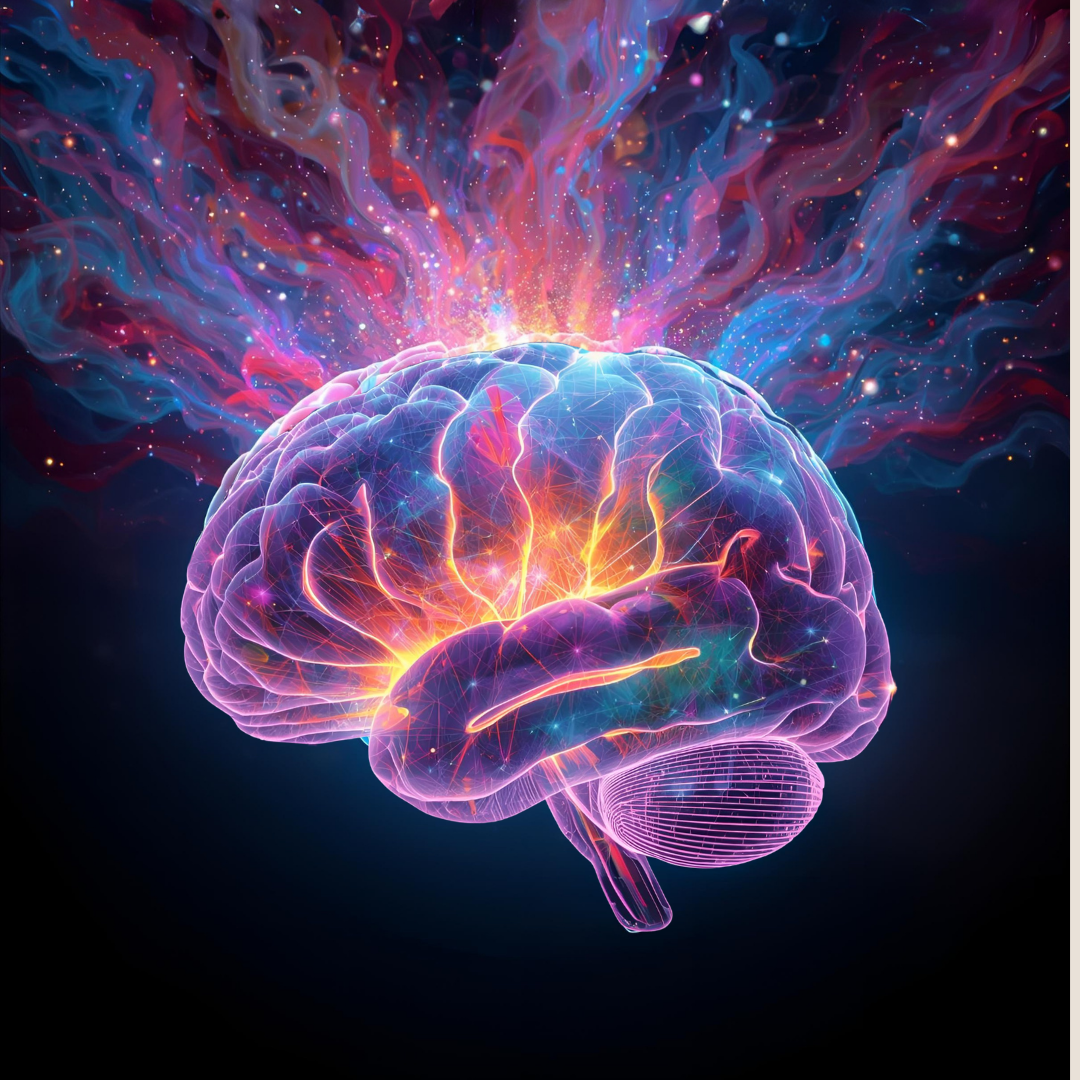The Science of Forgiveness: A Path to Health and Peace

As the festive season approaches, many of us find ourselves reconnecting with family and friends, some of whom we may not have seen since the same time last year. While these gatherings can bring joy and connection, they can also dredge up past hurts, unresolved conflicts, and feelings of resentment. Forgiveness, though often misunderstood, can be a powerful tool for personal health and peace, especially during emotionally charged times.
What Is Forgiveness?
Forgiveness is often thought of as an act of reconciliation or excusing harmful behavior. However, research underscores that forgiveness is primarily an internal process—one where we choose to let go of resentment, bitterness, or the need for revenge. It does not necessarily require reconciliation or even a conversation with the person who caused the harm. Instead, forgiveness is something we do for ourselves, to release the psychological and physiological burdens that unforgiveness places on our health.
The Physiological Benefits of Forgiveness
The act of forgiving can have profound effects on our physical health. Unforgiveness—holding onto anger and resentment—triggers the body’s stress response, which can lead to chronic stress over time. Chronic stress is linked to a host of health issues, including high blood pressure, cardiovascular disease, weakened immune function, and even accelerated aging.
Studies have demonstrated that forgiveness can reverse these harmful effects. For example:
- Lower Stress and Cortisol Levels: Research has shown that forgiving others reduces cortisol, the hormone associated with stress, which in turn lowers blood pressure and improves heart health (Worthington & Scherer, 2004).
- Improved Heart Health: A study in the Journal of Behavioral Medicinefound that those who practice forgiveness report lower levels of cardiovascular reactivity, meaning their heart rate and blood pressure recover more quickly after stressful situations (Lawler et al., 2003).
- Enhanced Immune Function: Forgiveness has been associated with better immune system responses, possibly due to its role in reducing chronic inflammation linked to stress (Worthington et al., 2007).
- Better Sleep and Mental Health: Forgiving others has been linked to improved sleep quality, reduced symptoms of depression and anxiety, and higher levels of life satisfaction (Toussaint et al., 2015).
Why the Holidays Are a Forgiveness Trigger
The holiday season often brings a mix of joy and emotional upheaval. The pressure of family gatherings, unresolved conflicts, or unmet expectations can lead to heightened emotions. Memories of past grievances resurface, sometimes overshadowing the spirit of the season. These moments offer a unique opportunity to practice forgiveness—not for the sake of others, but for our own well-being.
Forgiveness as an Internal Act
One of the most empowering aspects of forgiveness is that it does not require anyone else’s involvement. You don’t have to announce your forgiveness or seek acknowledgment from the person who wronged you. In many cases, they may not even be aware of the harm they caused.
Forgiveness is about breaking free from the mental and emotional chains that keep you tethered to the past. It’s a choice to reclaim your peace of mind. By forgiving internally, you free yourself from the burden of anger and resentment, creating space for joy, gratitude, and connection—emotions that align with the festive season’s essence.
How to Cultivate Forgiveness
- Acknowledge Your Emotions: Suppressing anger or hurt can be counterproductive. Recognize and process these emotions without judgment.
- Shift Your Perspective: Try to see the situation or the person from a different viewpoint. This doesn’t excuse the harm but can help you understand why it may have occurred.
- Practice Empathy: Reflect on times when you may have hurt others and needed forgiveness yourself.
- Use Mindfulness or Meditation: Mindfulness practices have been shown to support forgiveness by reducing stress and helping individuals focus on the present moment (Carson et al., 2005).
- Seek Professional Support: If past traumas or deep hurts are difficult to process, therapy can provide tools for healing and forgiveness.
The Gift of Letting Go
Forgiveness is a gift you give to yourself. As the festive season invites both connection and reflection, embracing forgiveness can transform the way you experience the holidays. By letting go of past grievances, you create space for joy, health, and peace—both in your body and your mind.
As you gather with loved ones this year, remember that forgiveness isn’t about condoning the past; it’s about freeing yourself from its grip. Whether or not you choose to express your forgiveness externally, the internal act of letting go is one of the greatest gifts you can give yourself.
References:
- Worthington, E. L., & Scherer, M. (2004). Forgiveness is an emotion-focused coping strategy that can reduce health risks and promote health resilience: Theory, review, and hypotheses. Psychology & Health, 19(3), 385–405.
- Lawler, K. A., et al. (2003). A change of heart: Cardiovascular correlates of forgiveness in response to interpersonal conflict. Journal of Behavioral Medicine, 26(5), 409–423.
- Toussaint, L., et al. (2015). Forgiveness and health: A stress-and-coping model. Stress & Health, 31(1), 32–39.
- Carson, J. W., et al. (2005). Mindfulness-based relationship enhancement. Behavior Therapy, 36(3), 349–359.




